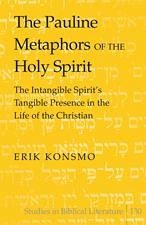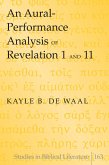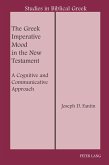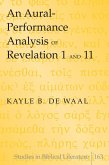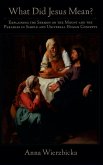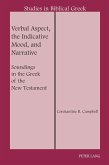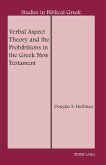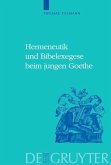In the Pauline literature of the New Testament, the characteristics of the Spirit and Christian life are described through the use of metaphor. An interpreter of Paul must understand his metaphors in order to arrive at a complete understanding of the Pauline pneumatological perspective. Thus,
The Pauline Metaphors of the Holy Spirit examines how the Pauline Spirit metaphors express the intangible Spirit's tangible presence in the life of the Christian. Rhetoricians prior to and contemporary with Paul discussed the appropriate usage of metaphor. Aristotle's thoughts provided the foundation from which these rhetoricians framed their arguments. In this context,
The Pauline Metaphors surveys the use of metaphor in the Greco-Roman world during the NT period and also studies modern approaches to metaphor. The modern linguistic theories of substitution, comparison, and verbal opposition are offered as representative examples, as well as the conceptual theories of interaction, cognitive-linguistic, and the approach of Zoltán Kövecses. In examining these metaphors, it is important to understand their systematic and coherent attributes. These can be divided into structural, orientational, and ontological characteristics, which are rooted in the conceptual approach of metaphor asserted by George Lakoff and Mark Johnson. This book evaluates these characteristics against each of the Pauline Spirit-metaphors.
Dieser Download kann aus rechtlichen Gründen nur mit Rechnungsadresse in A, B, BG, CY, CZ, D, DK, EW, E, FIN, F, GR, HR, H, IRL, I, LT, L, LR, M, NL, PL, P, R, S, SLO, SK ausgeliefert werden.

